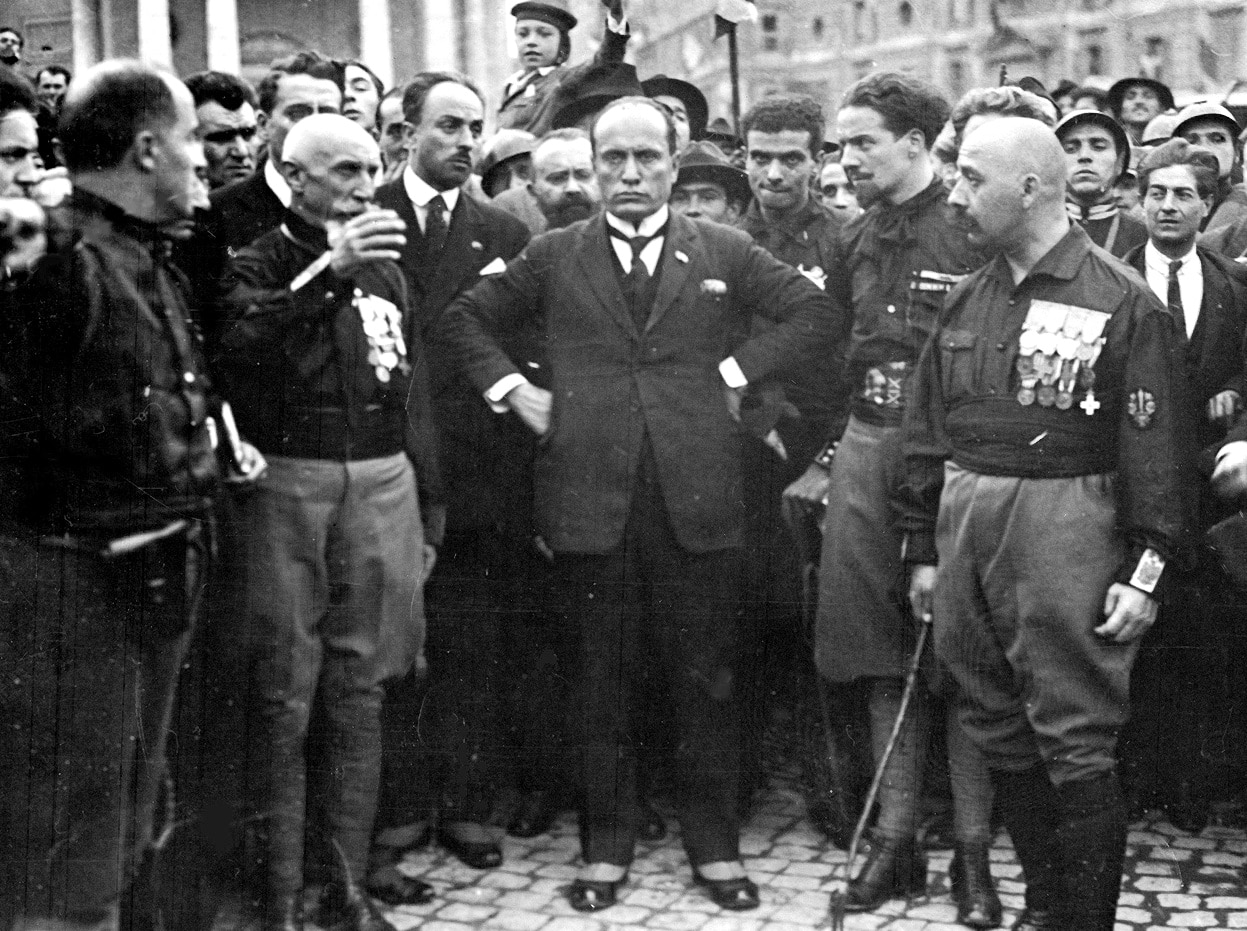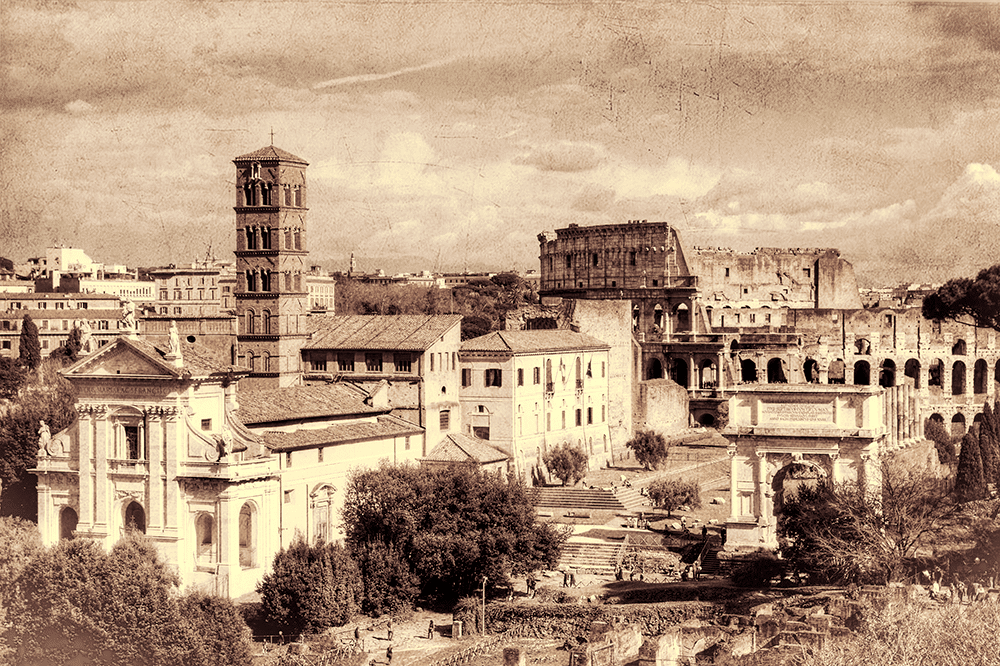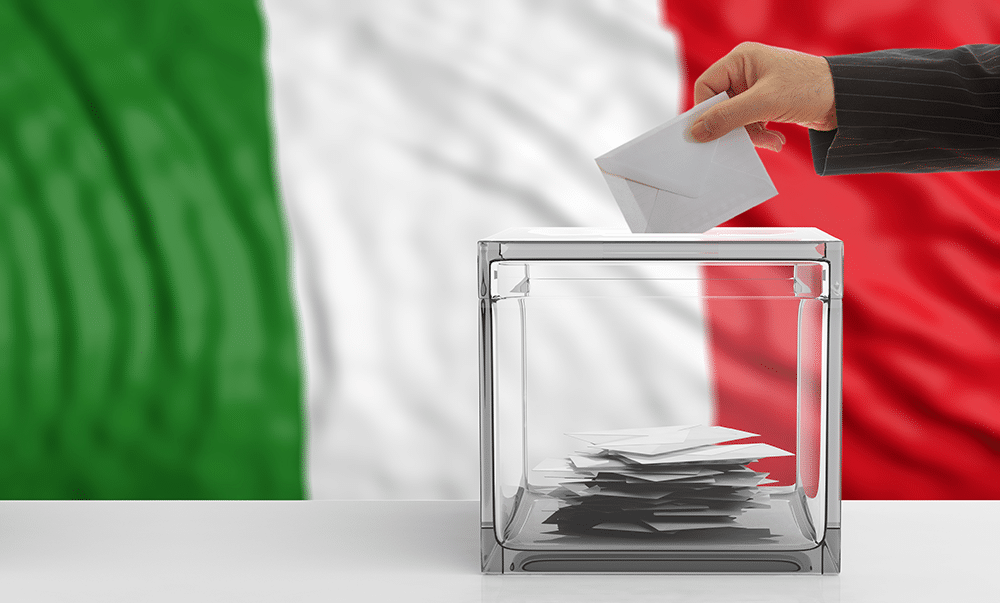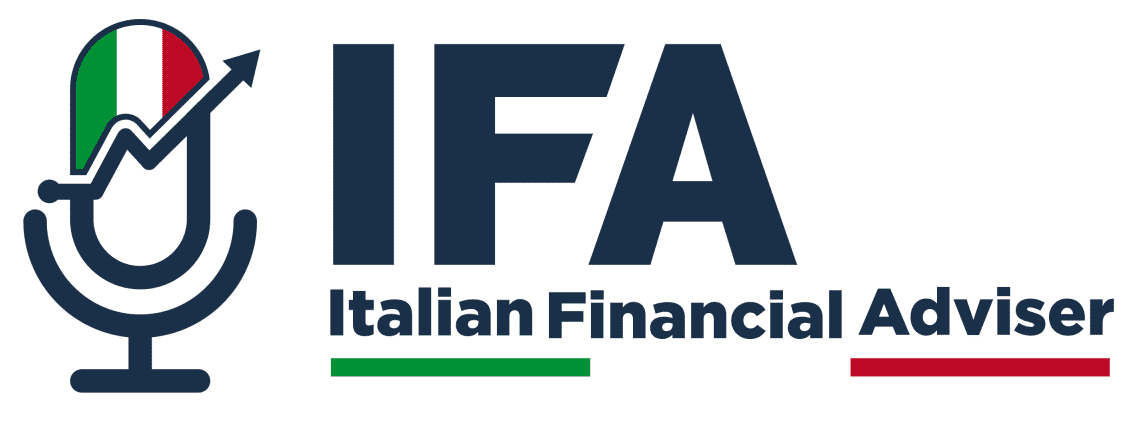This may seem like something of a provocative title, but I am merely picking up on the common refrain that Italy’s current government is the most right-wing since the fascist era.
Is Giorgia Meloni the new Mussolini?
By Andrew Lawford
This article is published on: 21st February 2023
It would be no minor issue for the country if indeed we did find ourselves heading down a similar path, so rather than simply dismissing out of hand the possibility that Meloni could be a Mussolini for the new age, I thought I would look into it further. We are, after all, talking about someone who as a much younger woman expressed the view that Mussolini was “a good politician”, whatever exactly that is supposed to mean. I imagine we all expressed at least some views when younger that we might cringe to think about today, but certainly Meloni’s comment on Mussolini was something of a clanger considering the office she now occupies.

Before we talk about Meloni’s politics, let’s think about the difference between the Italy of 100 years ago and today. 100 years is a useful timeframe, because 1922 was the year of the March on Rome – the moment when the fascist movement kicked into a higher gear and, notwithstanding the fact that it was poorly resourced and even more poorly organised, managed to bring Mussolini to power. The fascist movement had begun a few years earlier, populated initially by disaffected soldiers returning home to anything but a victor’s welcome following the First World War. Subsequently, the fascists managed to find their raison d’être and much broader support in the fight against socialism/communism, yet the entire movement might easily have fizzled out had it encountered even a modicum of resistance from the monarchy and the political establishment or if one of the many assassination attempts on Mussolini had succeeded in the early years of the regime* .
As fascist power grew, the desire to return Italy to its rightful place in the world, as heirs of the Roman Empire, took hold of Mussolini’s imagination, leading to the conquest of such places as Libya, Ethiopia and Albania. At home, the country was dragged into the modern age through the execution of public works programmes as well as monumental changes to cities such as Rome. The next time you wander down the via dei Fori Imperiali, consider that you are in an area profoundly changed by Mussolini, who demolished an entire area of Rome to make way for what was initially called via dell’Impero – put in place so that he could see the Colosseum from his office in Palazzo Venezia at the far end of the road. It is fair to say that from an economic and social perspective, the Italy of 1922 is almost unrecognisable compared with the country we live in today.

Now let’s consider the Italy of 2022 that swept Giorgia Meloni to power. Notwithstanding its difficulties, Italy is undoubtedly among the wealthiest countries in the world. I know there can be large regional differences and often the systems are confusing, but generally speaking Italian healthcare, education, infrastructure and other public services range from adequate to excellent. Italy is the home to world-leading industries and is certainly a place where one can rise through the social hierarchy regardless of one’s origins. If you need proof of this, consider that Leonardo Del Vecchio, the founder of Luxottica who died last year as one of Italy’s richest men, was born in 1935 to a solo mother and grew up in an orphanage.
Italy has many of the hallmarks of modern, well-heeled democracies, including an ageing population and a prevalence of small families (when people decide to have children at all). It is incredible to think, but over the course of my lifetime (I’m not quite 50 years old), the number of babies born in Italy each year has halved from about 800,000 to about 400,000 currently. The odd incentive for young families isn’t going to change that trend in any substantial way.
Imagine, now, if you will, that Meloni decided to pick up the fascist cudgel and start to take a more aggressive geopolitical stance. The current army of one-child families is probably the greatest guarantee against this because how many of these parents will permit their children to march off to war? Occasionally one does see fascist meetings – for example I recall seeing one reported in Cremona to commemorate the death of Roberto Farinacci, a particularly hardcore exponent of the black shirt, but to be honest the sight of fat old men singing “Giovinezza” (the fascist anthem, dedicated to youthful courage), was as comical as it was pathetic. It is also amusing to note that one of the main scandals so far in the Meloni era has been her decision to use the masculine article “Il Presidente” as opposed to “La Presidentessa” or something similar. This seems to me to be the kind of problem you discuss when you really don’t have any serious problems (or, perhaps more accurately, you don’t wish to discuss the various intractable problems that do exist). I also don’t think we should be particularly concerned over the apparent revival of Berlusconi’s connections to Putin: he simply can’t accept that he’s become a marginal figure, almost a caricature of himself, so he’s returned to his advertising roots and is willing to do anything to get attention.

What I do see is a general trend towards nationalism, which can, I suppose, be seen as a very watered-down version of fascism. There is at least the possibility of some expansion of state participation in business, although one can but hope that no one is considering a return to the days of IRI (L’Istituto per la Ricostruzione Industriale) – the behemoth state holding company founded during the fascist era that for decades controlled huge swathes of the Italian economy. In this context, it is disturbing to hear discussion of the potential nationalisation of Telecom Italia (TIM), although this might be best seen as an (expensive) opportunity to correct a poor privatisation that left the company imprisoned by its debt burden. It is more likely to see the state getting involved at a smaller scale, with the recent trend in the use of the state-controlled CDP (Cassa Depositi e Prestiti) for financing and even venture capital activities an indication of things to come. It is also more than likely that the state guaranteed loans issued as part of Covid support measures will eventually result in the need to absorb zombie businesses in politically sensitive sectors.
All in all, it seems to me that Meloni fortunately has neither the innate tendency towards fascism, nor a populace willing to be led in that direction. We would probably do better to think about whether the current global trend of rearmament will lead to problems in 10 – 20 years time when all the shiny new weapons are ready for use. I worry that if you build enough of them then sooner or later an excuse will be found to use them – violence is violence, regardless of political ideology.

Subscribe to my podcast:
IFA (Italian Financial Adviser) on:
Apple Podcasts, Spotify, Google Podcasts or Stitcher


